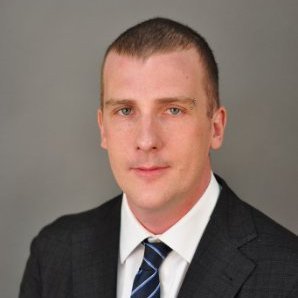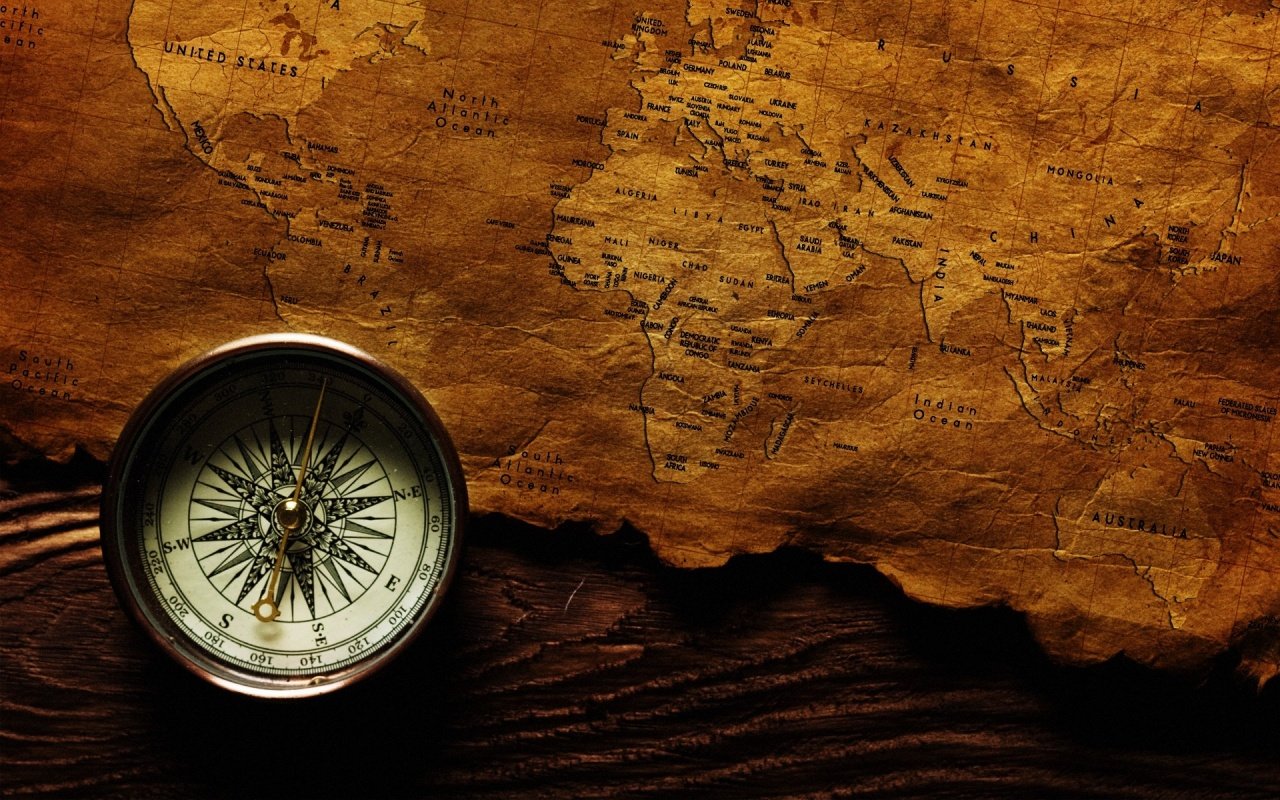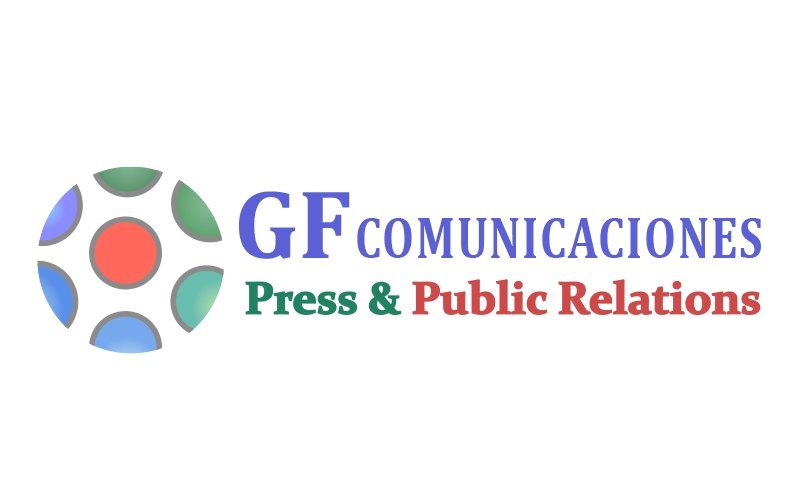Through our partnerships with expert and think tanks located in different capital cities of the world, Zachary Fillingham writes from Toronto about the multilateralism and the aspects of the leadership crisis in the international system. He, the Director of Publications of «Geopolitical Monitor», thinks that the multilateralism is a global security affair, where the power States must achieve an orderly transition of international system and put more attention in the relation between United State and China than in United State and Russia.
We share analysis of Zachary Fillingham, but if you want read this interview in spanish, you can do it in: http://equilibriumglobal.com/el-multilateralismo-es-asunto-de-seguridad-global-zachary-fillingham-desde-toronto/
Question: This is a decade of the changes and transformation in the international system configuration, we walk towards a multilateral system. Is it a problem for international security? Can the powerful states contain the effects of this new system?
Zachary Fillingham: Whether or not the coming multilateralism will be a serious security issue depends on how the transition is handled by the major powers involved. Will China play by the rules of the current international system or seek to change these rules, as is its prerogative as a global power? Will the American people, and by extension their government, accept the decline of US hegemony or seek to ‘punch above their weight’ despite the new global reality? There are certainly issues that could trigger conflict between the US and China – Taiwan and Japan to name two – but there are also reasons to believe that this hegemonic power transition will not play out like others in the past, notably the fall of the British and Roman Empires. For one the transition will be slower barring any major new economic catastrophes, and one of the major post-decline catalysts for conflict – the fight for markets and resources – has theoretically been removed by our current system of globalized free trade.
Question: The Ukraine conflict grows day to day and the situation is worrying. What is the role of the geopolitics before a frozen conflict?
Zachary Fillingham: Geopolitics has a different impact on different ‘frozen conflicts,’ as it all hinges on the ‘geo’ aspect. In the case of Ukraine, we see the Russian government attempting to establish a buffer zone between its border and Western influence. This is hardly surprising given Russian history; what is surprising is its willingness to flaunt the norms of the post-WWII international order (usually a role reserved for the United States), and in this we see evidence that these norms are being eroded.
Question: Today we see phenomenon State Islamic. Some international analysts say that it is new international security paradigm. What do you think about it? And what is your opinion about the clash of civilizations and ethnic-religious division in the world?
Zachary Fillingham: I am not a believer in any deterministic ‘clash of the civilizations.’ The only reason the theory still pops up is to sell newspapers and magazines. When one truly delves into the issues driving the rise of Islamic State, you’ll find unemployment, poor governance, and the destabilizing influence of foreign backers engaged in their never-ending proxy wars. Recall that the Syrian uprising began as a farmers’ protest against the al-Assad government following an unprecedented drought in the region. So maybe climate change triggered the Syrian civil war. What happened next – the events that brought us the dramatic spread of Islamic State – was a tragic cocktail of countless random causalities. To attempt to unravel that historical ball of yarn is damn well impossible; saying it’s a ‘clash of civilizations’ appeals to us because it simplifies everything and makes it understandable.
And one final note, if there’s any ‘civilizational clash’ driving the expansion of Islamic State, it’s the divide between Sunnis and Shiites within Islam itself.
Question: Finally Europe topic, the international analysts consider that it is an economic giant but one political dwarf. Has Europe an independent diplomacy or does it depend oo Washington diplomacy guidelines?
Zachary Fillingham: Europe will always be a political dwarf as long as it maintains its current institutional structure. It’s simply too difficult to pursue a bold, farsighted foreign policy strategy when there’s this perpetual concern about not ruffling the feathers of the EU’s constituent parts (which could simply ignore the union, block future reform attempts, or, in extremis, punish Brussels with an in/out referendum).
With no continental army or even continental political will, the EU’s options will continue to be limited on the world stage. In its hesitance to push ahead on Russian sanctions over Ukraine, one might be inclined to think this is evidence of the EU breaking away from US foreign policy and forging its own path. Really it’s just a fear of economic repercussions, which would be far more immediate and direct for Europe rather than the U.S. Some might say this is another example of the union’s fixation on short-term gain (the economic blowback from Russian sanctions) at the expense of long-term strategy (the security precedent being set on Europe’s doorstep).
Speaking of Europe’s doorstep, the most damning condemnation of EU foreign policy in my opinion is Libya. The security situation there is serious, deteriorating, and most importantly – it’s the direct result of EU member-states’ military action. That the union feels no obligation to stabilize Libya is unfortunate. That the union is not worried about a near failed-state on its borders, let alone one that is key to the continent’s energy security – that’s just negligent.
Development & Content
Martín López – International Relations.
Zachary holds a BA in International Relations from York University and an MA in Chinese Studies from the University of London (SOAS), where he wrote his thesis on Chinese political security considerations in Central Asia. A fluent Mandarin speaker, Zachary was the recipient of a Taiwan Ministry of Education Huayu Scholarship and spent years working and studying in Taipei. He has worked extensively as a writer, editor and translator, and has consulted for some of the world’s largest finance firms. Zachary’s primary areas of expertise are East Asian politics, Chinese nationalism, and food security.







